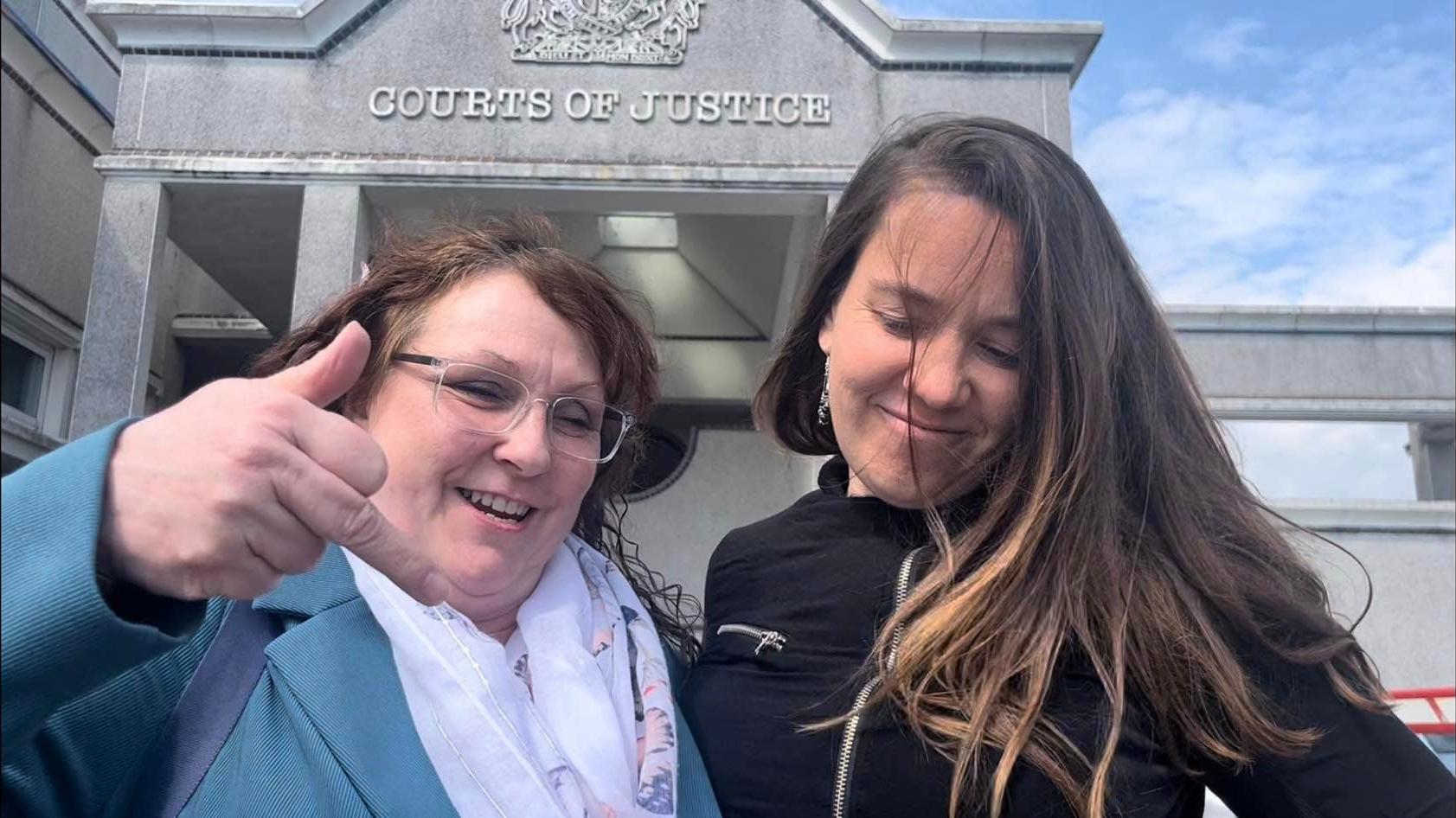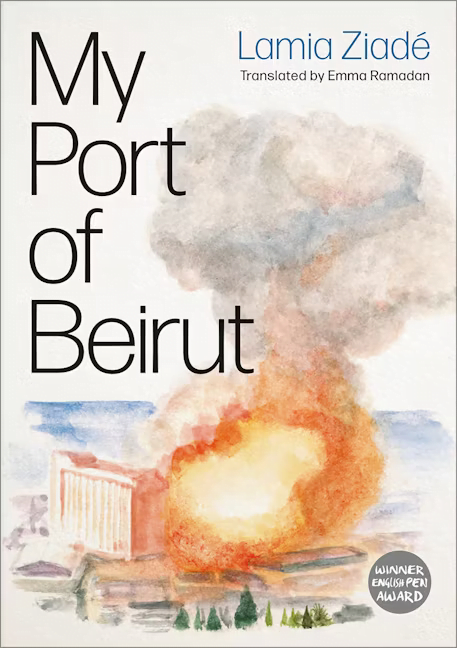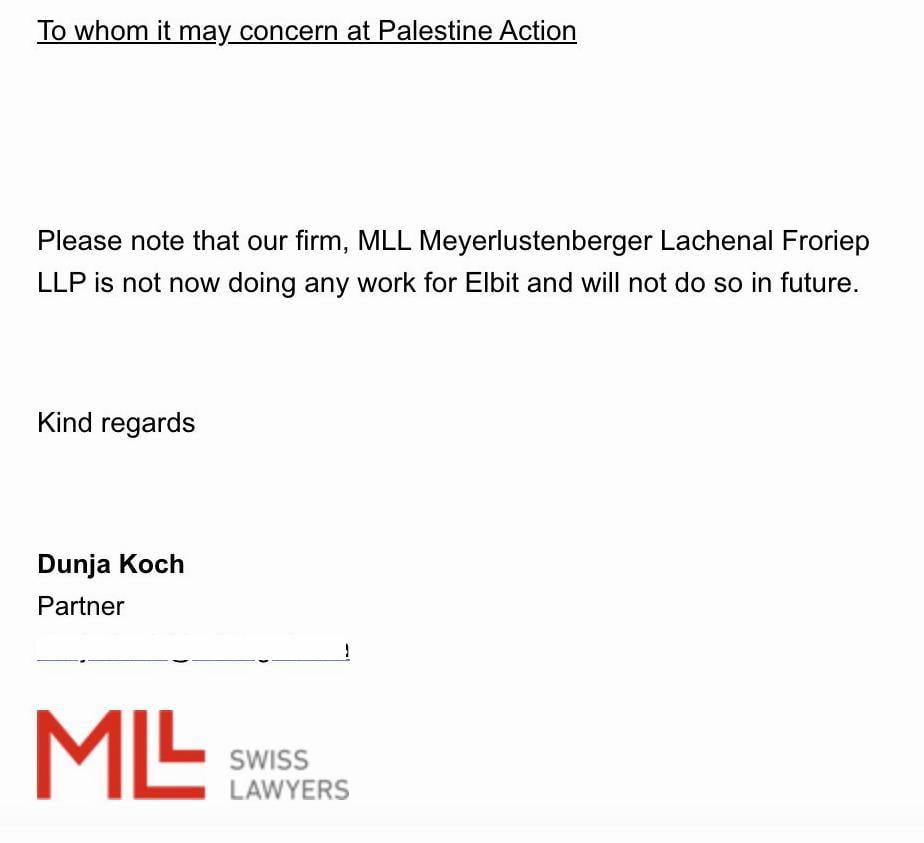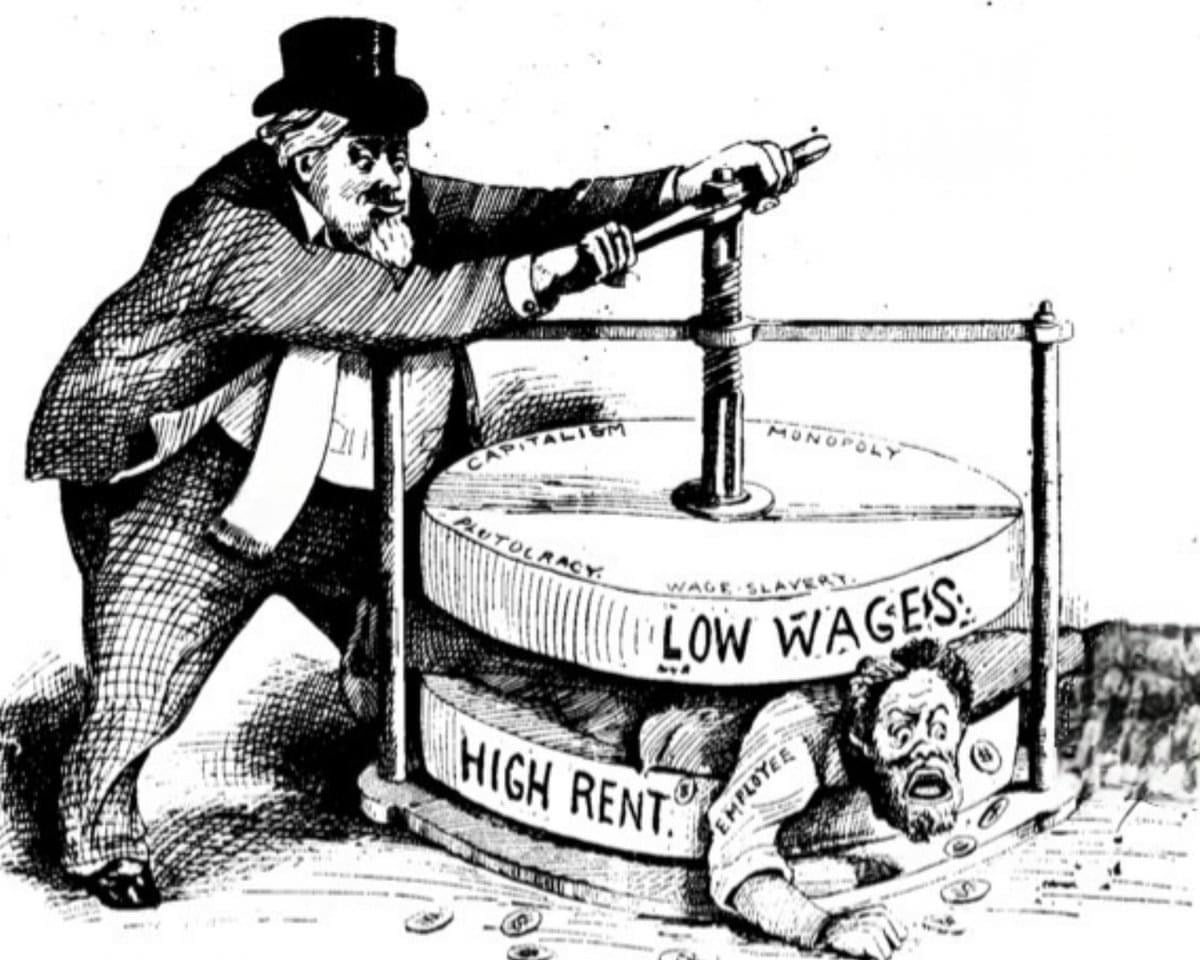As protests rise once again on the streets of Caracas, we are witnessing a struggle between the conservative Venezuelan bourgeoisie removed from control of the State apparatus and an emerging middle class which uses the State as a lever of accumulation, writes Raúl Zibechi.
What is happening in Venezuela has no connection with a “revolution” or “socialism” or the “defence of democracy,” nor even with the hackneyed arguments about “poverty reduction” doled out by right and left. They could talk about “oil” and be closer. But the facts indicate other inflections.
We are facing a relentless struggle between a conservative bourgeoisie which has been denied control of the State apparatus while maintaining ties and an emerging middle class which uses the State as a lever of “primitive accumulation.”
It is not the first time this has happened in our short history. The wars of independence were similar: a struggle between decadent “godos” (peninsular royalists) and the emerging “criolla” oligarchy that used control of the State to legalise usurpation of the lands of indigenous peoples. The latter relied on the British and French colonial powers, racing decadent Spain for control of the independent colonies, with the same logic of the progressives who rely on China, including conservatives like Macri, facing the unstoppable American decline.
A weak local bourgeoisie was mounted on the mobilisation of the oppressed peoples (Indians, blacks and other sectors) to defeat the powerful godos, awarding the emancipation of slaves. With the same objectives today the new bourgeoisie has applied social policies to reduce poverty: in both cases the underdogs remain in the basement as cheap labour, without an iota of structural change, just a renegotiated deal.
New Elites
The new Venezuelan elites, what is popularly called “Bolibourgeoisie,” are a mixture of senior officials of public enterprises and the State apparatus; high-ranking military and some businessmen enriched in the shadow of the institutions. Managers embedded in the State apparatus.
This is why they are reluctant to lose power, even as the entire network is coming down. Some have already succeeded in transforming the appropriate property income in private, but much is still in process, which is why the sociologist Brazilian Ruy Braga defined union and national pension fund managers, the new emerging class, as part of a “fragile hegemony.”
Roland Denis, a libertarian leftist who briefly served as a minister under Chavez, says that his country is governed by mafias, “President Maduro may have the best intentions but has imposed a very strong lobby of mafias inside government” (La Razon, 27-XII-17). Denis says several of these mafias are bankers and other groups come from old “oil-sucker” profiteers.
He hits hard at “intellectuals” who cover the corridors of power. “With leftist language they justify a policy that has favored only bankers, major importers, monopolistic and transnational chains. At the same time, it is a policy that by imposing prices and corporations has destroyed the small sugar and coffee sectors to benefit importers. Meanwhile, Venezuela coffee packets that come in bags labelled as though from local committees of supply and production (Clap) only serve to confuse the unwary. ”
The other view is one outlined by Chilean sociologist Marta Harnecker, who says: “The historical time is in our favor. What helps us in this fight against conservative forces is that the kind of society we propose, and we’re starting to build, responds objectively to the interests of the vast majority of the population, in contrast with the conservative forces that only benefit the elite “(Rise, 4-IV-17).
From the same cloth
In light of what happened in the region over the past two decades we arrive at a redefinition of the concept of Left: a political force that fights for power, based on popularism, to embed their pictures on the institutions and, with years of control over decision-making mechanisms, become a new elite which can displace, negotiate or merge with the previous ones. Or combinations of the three.
The Left is part of the problem, not the solution. Let ‘s look at the PT of Lula in Brazil. They deny the corruption that has been evident for a decade, since Frei Betto resigned from Lula’s first government having uncorked the mensalão scandal: “The bite of the blowfly inoculates people with a dose of concentrated ambition for power. People, then, are receiving fly venom when living in situations which have, in fact, more concrete possibilities to exercise a greater power. That is, when the objective conditions are favorable.”
What kind of people (militants, activists, leaders) emerge into a political project which does not propose to take power? This question was formulated, more or less, by the Zapatistas some time ago. How would you call a force that proposes to “just” transform society from everyday life?
We do not know because the imaginary built over the last two centuries points in the direction of State power. As though transformation is something external and does not pass, first and foremost, by the same people who call themselves militants. What we do know is that the left as it really exists has become an obstacle to the lives of those majorities they reign over. The right-left polarization is false, it explains almost nothing about what is happening in the world.
But the worst is that the Left has become symmetrical to the right on a key point: its obsession with power.
The above is an edited machine translation of this article on viento sur, any problems let us know!








